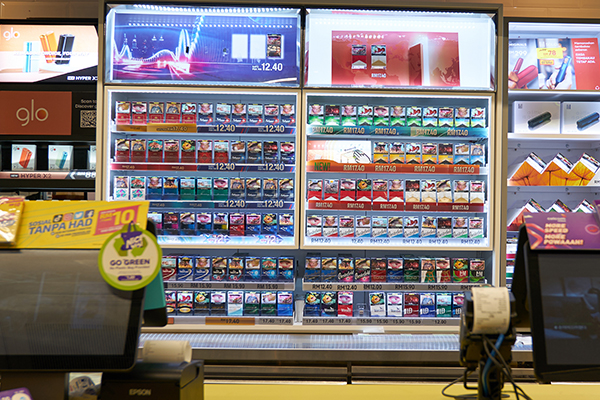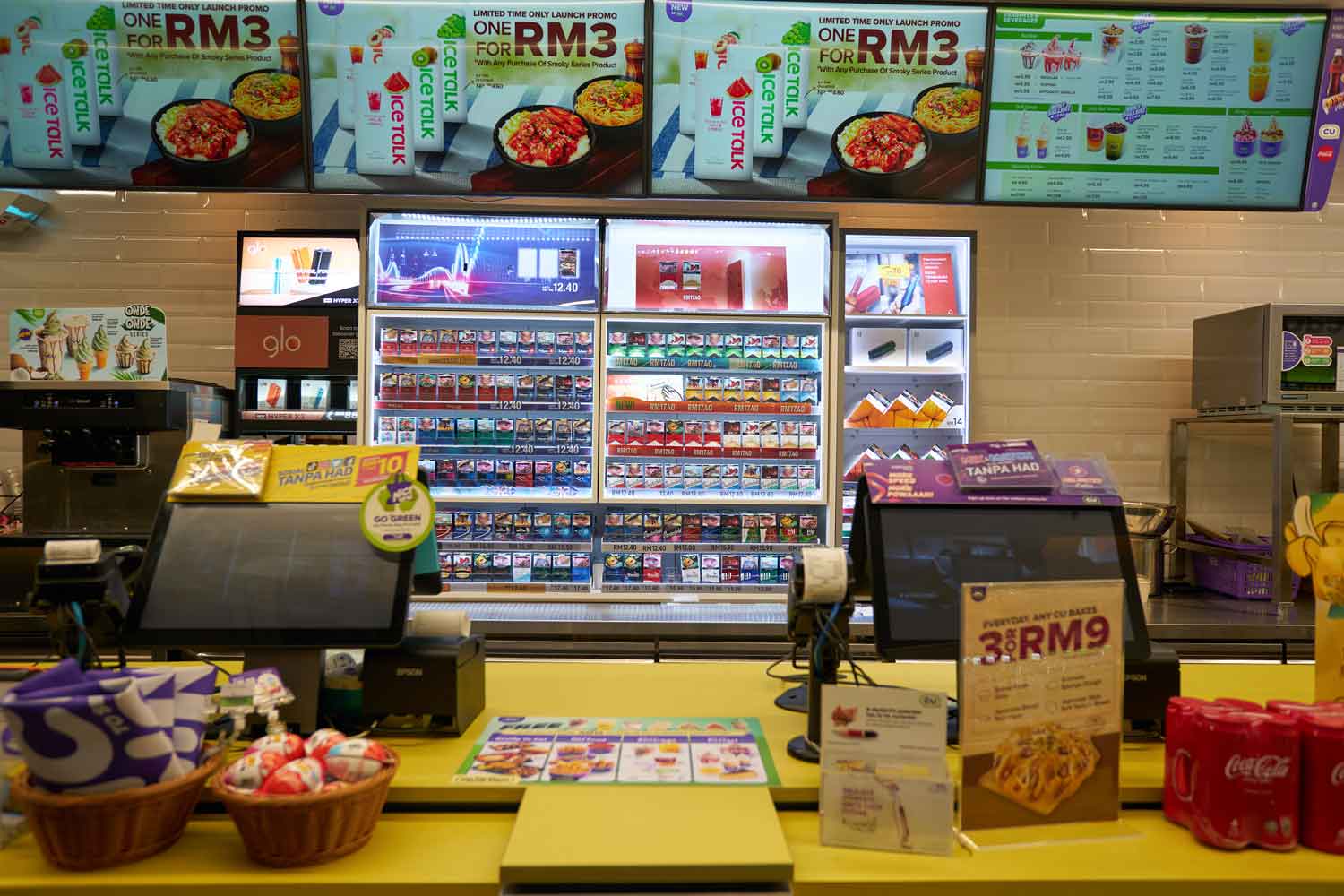Malaysia continues to struggle with smoking, according to Dr. Arifin Fii, president of the Advanced Centre for Addiction Treatment Advocacy (ACATA), with roughly 20% of adults (4 million people) still smoking despite strict laws and high taxes. He argues that embracing tobacco harm reduction (THR) through vaping and other non-combusted nicotine products could accelerate progress toward a smoke-free nation.
Drawing lessons from Sweden, where THR strategies helped reduce smoking rates to between 5.6% and 8%, Fii said countries that restrict vaping, such as Ireland, the Netherlands, and Denmark, have seen little improvement. Evidence shows vaping is at least 95% less harmful than smoking and can serve as a transition tool for smokers, he said.
Fii criticized Malaysia’s current approach, which treats all nicotine products as equally harmful, arguing that risk-proportionate regulation could reduce smoking prevalence while protecting youth. He called for clear frameworks, stricter enforcement of underage access, and policies grounded in science rather than prohibition. By adopting evidence-based harm reduction, Fii said Malaysia could follow Sweden and the UK in reducing smoking-related deaths, healthcare costs, and tobacco-related harm while giving smokers safer alternatives.










